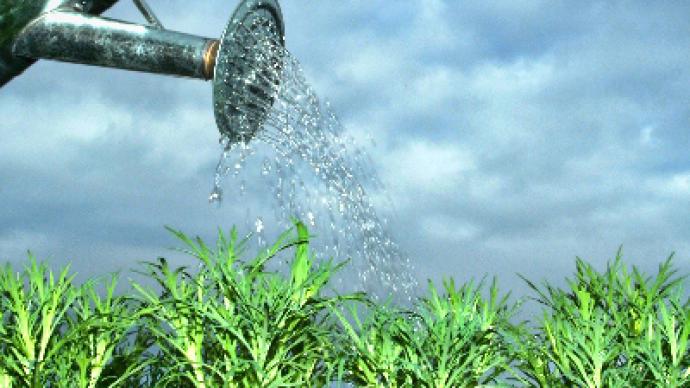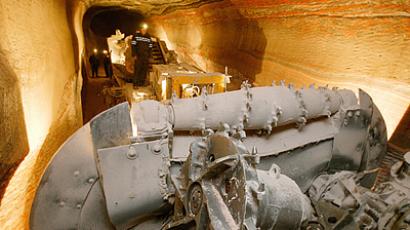Acron attempts to block Uralkali-Silvinit merger

The CEO of Russian fertilizer producer, Acron, Ivan Antonov, has written to Prime Minister Vladimir Putin, pushing to stymie the merger of Russian potash fertilizer producers Uralkali and Silvinit.
According to a report in Vedomosti, Antonov has sent letters to Putin and the Federal Anti-monopoly Service seeking to prevent government approval for the merger of the two, which has been agreed at board and shareholder level, arguing the merger could have implications for fertilizer prices in Russia, and raising concerns about the valuation of Silvinit, in which he has an 8% stake.Antonov believes that valuations of Uralkali and Silvinit, $13.8 billion for Uralkali and $7.7 billion for Silvinit, reflect different calculation methods for the two companies, which he says is a “a mockery for investors.”He also notes that the merger of the two will create a virtual monopoly, which could trigger pricing issues for agricultural producers, “will put the industry on the verge of bankruptcy and will make mineral fertilizers unaffordable for agriculture producers,” and could generate supply issues for Russian agriculture.However, Mikhail Stiskin, Irina Lapshina and Zaurbek Zhunisov from Troika Dialog think that Russia’s State will ultimately support the agreed deal, and expect Silvinit to sell out of the merged entity on the market.“We think the government will stick to the agreed-upon gradual scheme to liberalize domestic potash prices. As for Acron, we expect it to ultimately monetize its stake in Uralkali (it should receive a 2.7% stake worth $648 mln at current prices), most likely via open-market sales.”













